On Friday, 16 December 2016, the SNP’s Finance Secretary, Derek Mackay, unveiled the Scottish Government’s Spending Plans and Draft Budget for 2017-18. The Budget contains the Scottish Government’s detailed spending plans across various areas but we were interested for the purposes of this blog to examine any proposals that would affect the Scottish property market. In particular, we hoped to see some changes to the 3% surcharge that was imposed in the current financial year on people buying investment properties or second homes.
For the first time, the Scottish Government has proposed an income tax rate that is different to the rate in England. As a result, people in Scotland will pay 40% income tax on earnings of more than £43,430 versus earnings over £45,000 in the rest of the UK. This means that higher earners in Scotland will pay an additional £341 in income tax compared with their counterparts in England.
Whilst this is no doubt unwelcome news for anyone whose earnings fall into this tax band, we would not anticipate that it will have a significant impact on the Scottish property market as the rate for 2017/18 is broadly similar to the rate that Scottish income tax payers are currently paying.
When it comes to Land and Buildings Transaction Tax (LBTT) the Scottish government has proposed to maintain the rates and bands of LBTT at their current levels. You can find our handy LBTT Calculator by clicking here.
The so-called Additional Dwelling Supplement (ADS) tax of 3% of the purchase price over-and-above the LBTT, was introduced from 1 April 2016 with the stated purpose of imposing, “a greater tax burden on those purchasing residential property as an additional purchase, for investment or recreational purposes, compared to those seeking to purchase the property as a main residence.”
We had hoped that the ADS might be scrapped or amended, however the Scottish Government has planned to keep the Additional Dwelling Supplement in place, in its current format. We can only hope that, after some further time for review, the Scottish Government will amend the way that this supplement is imposed.
There are two main reasons areas that concern us about the ADS.
First, if you are unlucky enough that your property sale is delayed but you still wish to continue with your purchase, you have to pay the ADS and then reclaim it afterwards. This can make the cost of moving home prohibitive and cause a blockage in the housing market.
The second reason is that the people who are probably worst hit by this new tax are likely to be younger couples, people who are moving-in with their partner or starting a family. They are the ‘second rung’ on the property ladder and are crucial to the smooth functioning of the property market. Such people will often own a small, first time buyer flat or property in which they currently live but they need to trade-up to a more suitable family home. They often will wish to retain that flat for investment or pension planning purposes when they buy a new, residential home. We would argue that such people are planning for the future and that they are unlikely to be the ‘fat cat’ landlords who are preventing first time buyers from getting a foot on the housing ladder.
Even if we accept that it is fair that someone buying property as an investment should pay a supplementary tax of 3% of the purchase price of that investment property, these less-wealthy people are disproportionately badly hit compared to wealthy, professional investors. Why?
The reality of this situation is that the property the younger couple is buying is their residential home: their cheaper, existing flat is becoming their investment. However, this couple will pay the 3% surcharge on their new, more expensive residential property rather their ‘investment property’. Meanwhile, however, the wealthy investor who already owns a large residential home and several buy-to-let properties would only pay the 3% surcharge on the investment flat. So, if the young couple have to sell the investment flat to avoid paying the 3% tax surcharge on their new home, but the wealthy investor then buys their flat, it has actually cost the wealthy investor less to become an investor in that flat than it would have cost the younger, less wealthy couple to have an investment interest in the flat that they already owned!
We would have to urge the Scottish Government to reconsider the way that this provision applies in circumstances such as this, for the benefit of the entire housing ladder in Scotland.
The Budget remains to be passed by the Scottish Parliament and, if there are any changes between the proposed Budget and the version that is passes, we will of course write about it on this Blog.
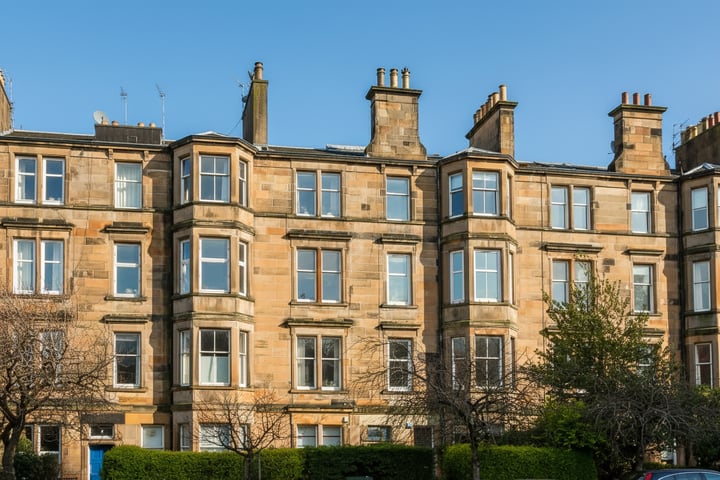
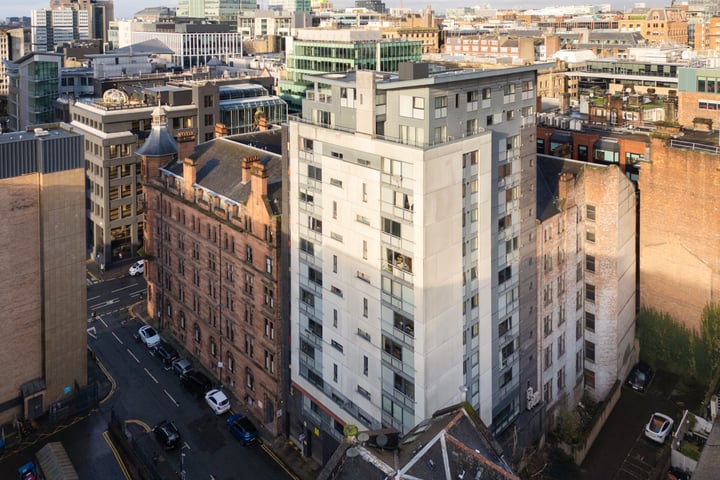
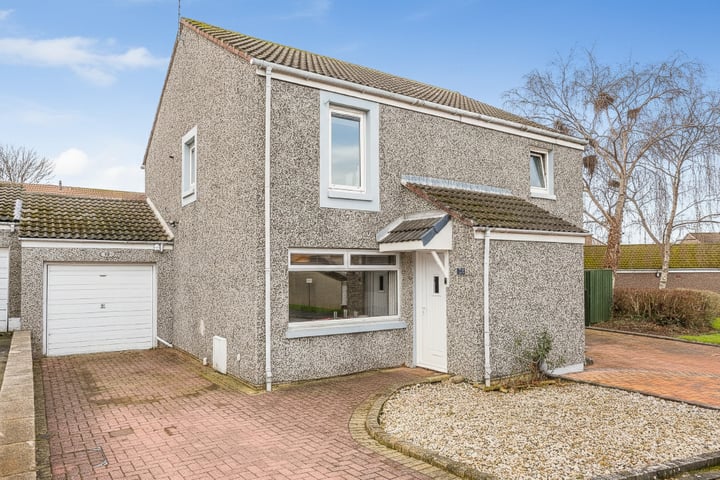
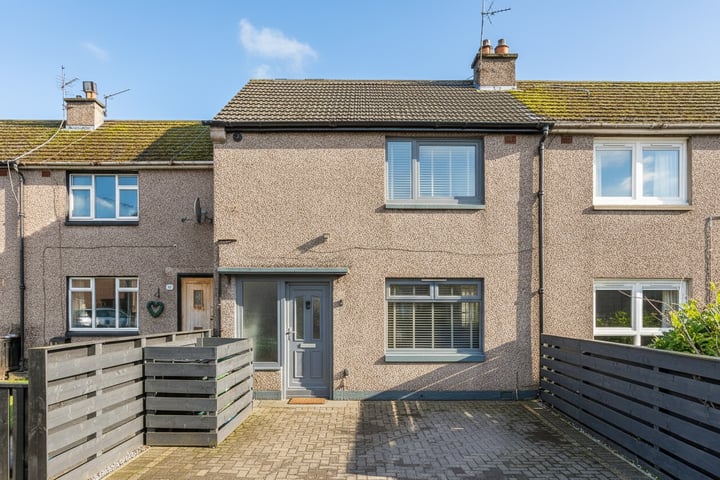
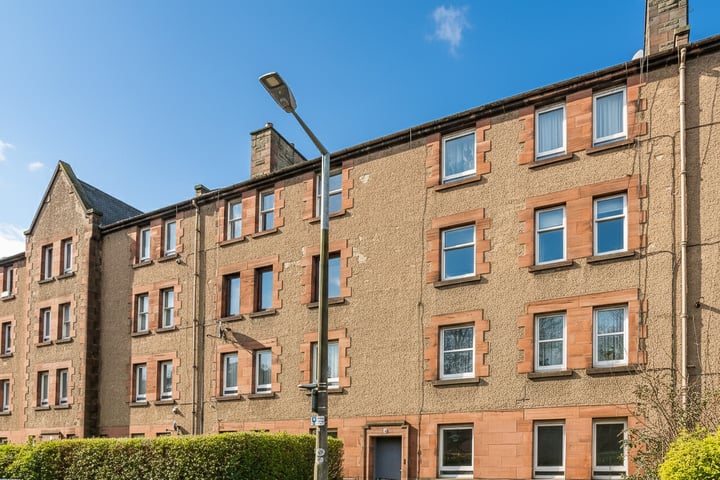

Leave a Reply